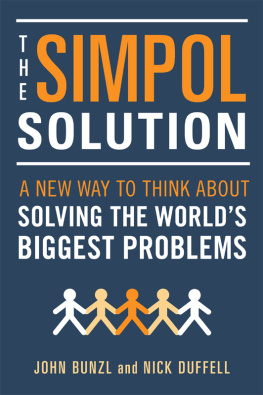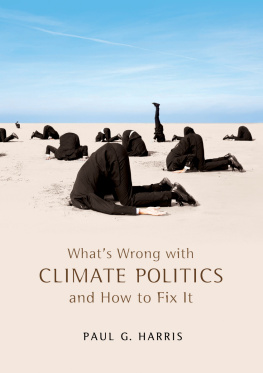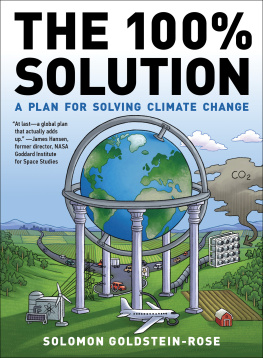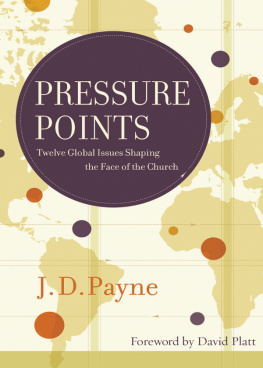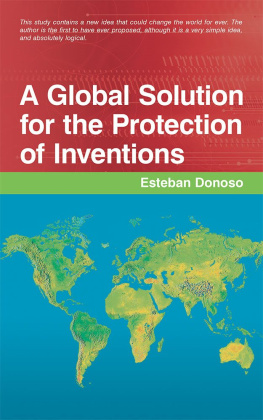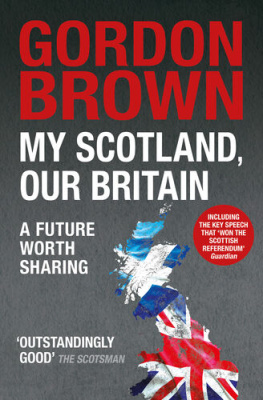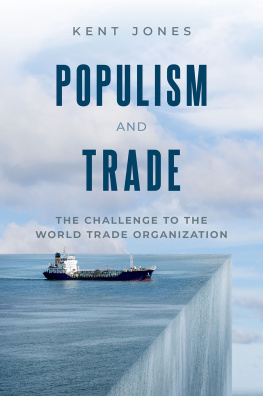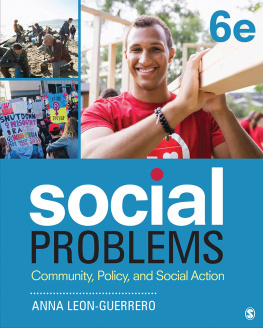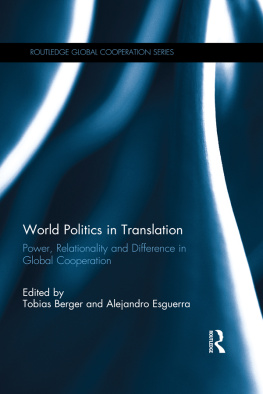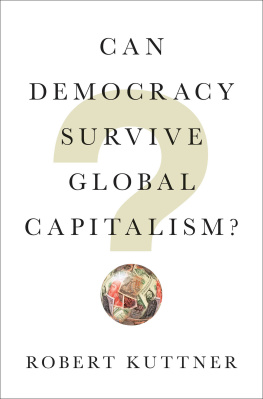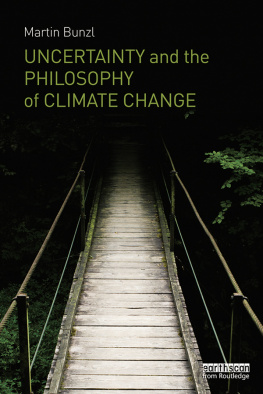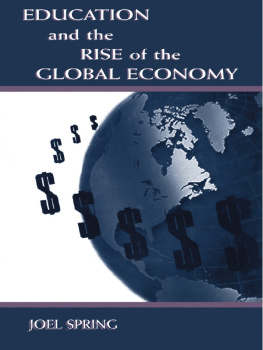
Excerpts from Janus: A Summing Up by Arthur Koestler, copyright 1978 by Arthur Koestler, used by kind permission of Random House, an imprint and division of Penguin Random House LLC, all rights reserved. Quotations from Michael E. Porter excerpted from pp. 16 and 45 of On Competition by Michael E. Porter, Harvard Business Press Books, Cambridge, Massachusetts, 2008. Excerpts from Robert Wright, Nonzero: History, Evolution and Human Cooperation, Abacus Random House, New York, 2001, used by kind permission of Penguin Random House. Excerpts from William Davies, The Limits of Neoliberalism: Authority, Sovereignty and the Logic of Competition, London, 2014, reprinted by kind permission of Sage Publications. Excerpts from Pauline Vaillancourt Rosenau, The Competition Paradigm, Lanham, Maryland, 2003, included by kind permission of Rowman and Littlefield. Transcript from Channel 4 News bulletin by kind permission of ITN Source. Excerpts from David Sloan Wilson, Does Altruism Exist? Culture, Genes, and the Welfare of Others, New Haven, Connecticut, 2015, used by kind permission of Yale University Press. Transcript of a TED Talk by George Papandreou, 2013, reproduced by kind permission of TEDGlobal. Quotations from the Guardian newspaper and website courtesy of Guardian News and Media Ltd. The quotation from The Times is courtesy of News Syndication. Excerpts from Don Edward Beck and Christopher C. Cowan, Spiral Dynamics: Mastering Values, Leadership, and Change, Oxford: Blackwell Publishing, 1996, used by kind permission of Wiley. Quotations from William Stafford used by kind permission of the Permissions Company, Inc., reprinted with permission of the publisher. Excerpt from When Corporations Rule the World, copyright 1995 by , Freedom's Just Another Word, from A Brief History of Neoliberalism, David Harvey (2005), by kind permission of Oxford University Press, Oxford. Extract from The Enigma of Capital, David Harvey, by kind permission of Profile Books, London.
Thanks go to all those who helped by reading and critiquing the manuscript for this book, especially to Alexander Lyons, Jacq Burns and Rob Bruce, to Andrew Wallace for his special help and to all the many SIMPOL supporters who already help to put the ideas into practice and to the team at Peter Owen Publishers for their extraordinary professionalism. Much appreciation also to the friendly, efficient, and accomplished team at Prometheus Books, especially Steven L. Mitchell, Jake Bonar, Hanna Etu, and Mark Hall. Massive gratitude to Alsion Goldwyn of Synchronistory.com for her extraordinary support and tireless networking about SIMPOL.
John would like to express particular gratitude to Ken Wilber for his invaluable help in refining parts of the book, to Jenni Camplin, who introduced him to Nick, and to Anne and his children, Alexandra, Tom and Jake for their unstinting love, help and support.
Nick wants especially to appreciate Helena Lvendal for her loving enthusiasm and helpful contributions and to thank Hilde Bland, Nick Dawson, Anne-Marie Diepeveen and Andrew Mullis for their belief and righteous anger, as well as Peter MacFayden, Jo McCrum and Kristen Harrison for their support.

The time seems to have come for humanity to cooperate and realize our species maturity. It is time for us to grow up, time for us to come home. We have only one chance, and we have been away too long.
In the most objectively accurate, as well as in the most profound, sense possible, we are all in the same boat. In terms of game theory, humanity is now playing a non-zero-sum game: a game where it's in all our interests to cooperate. As Robert Wright suggests, there's no better metaphor for a non-zero-sum relationship than being in the same boat.
Global cooperation, as we have argued, will not happen if we simply sit back and take no action because we are now in the age of conscious evolution. It requires our active, conscious participation. As we start to take proper responsibility for actively navigating the vital transition from destructive global competition to fruitful global cooperation, we may ask ourselves what better concept we could have to guide us than the idea of simultaneity itself.
Simultaneous action and the new context of cooperation that it both enables and invites us towards could be described as the great reconciler because it successfully reconciles two timeless, universal and yet seemingly irreconcilable opposites, those of unity and diversity. Even if we act simultaneously alongside others, we still retain our own individuality, our diversity or our unique national sovereignty. We don't stop being who we are; we don't have to surrender our identity, we just enlarge it. Because, by acting together simultaneously we also achieve unity. We maintain our unique individuality and yet stand together, stronger in our unity. We make ourselves greater than the sum of our parts. We retain our national or tribal civic identity, but we add a global one to it.
In our increasingly interdependent globalized world, then, simultaneity has the capacity to reconcile our diverse self-interests with our united common interest. Using a process such as SIMPOL, unity and diversity can be reconciled, self-interest and common interest become one. And there, we suggest, resides our underlying spiritual purpose, the underlying lesson globalization is trying to teach us: that we are not separate from one another. We are not two but one. We are not just great competitors but great cooperators, for how else could wehow else should wecross this crucial and historic evolutionary threshold, if not hand in hand, if not as one humanity, if not simultaneously, if not together?
Inherent to the idea of simultaneityof global reconciliation and onenessare the act of forgiveness and the mutuality principle known as the Golden Rule: to do globally as we would be done by. To support SIMPOL is to understand fully the vicious circle of Destructive Global Competition and how it effectively forces political leaders, business people, indeed everyone to engage in and condone behaviors we know to be harmful. To support SIMPOL is to forgive those in charge and ourselves. It is to understand that although no one is really to blame for our predicament, we are all jointly responsible for overcoming itand that we can do it if we choose to.
SIMPOL may not have all the answers. SIMPOL is not designed to address every problem but is tailored towards solving global problems. This means that all the various solutions presently being pursued by NGOs, governments and others still remain important at regional, national and local levels. For the global level, SIMPOL seems to answer more key questions and meets more key criteria than any other proposal we have seen so far. If this is correct, and with the world deteriorating as we write, perhaps the important question now is not so much whether SIMPOL can work but whether a better idea is immediately available? If not, we invite you to help get the ball rolling by using your vote in the powerful way SIMPOL offers. You can sign on to the campaign for free at simpol.org.
Remember, it cannot happen without you, without each of us actually taking that action. We may individually have little to lose by taking such a step, but possibly there is a whole world to gain. At the very least we will have reclaimed our sovereignty and dignity as individual citizens along with our right to decide on our common global futureand potentially we will have the chance to establish a form of people-centered global governance that expresses our common humanity, that acknowledges that we are not just great competitors but supreme cooperators and that releases us to fulfill the mature destiny of our species.
Next page
